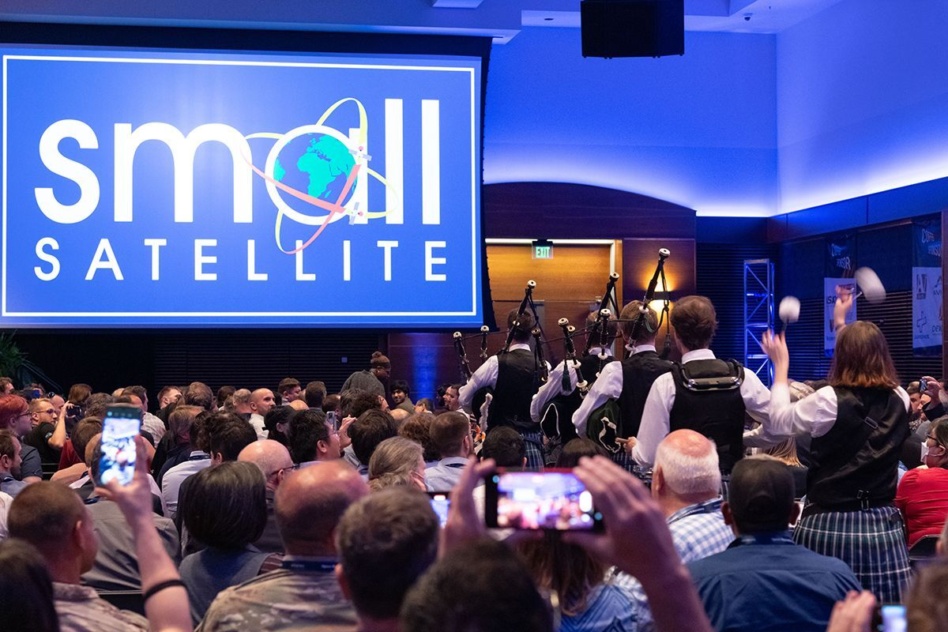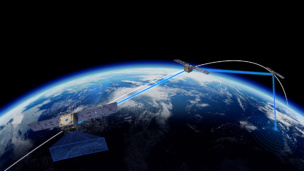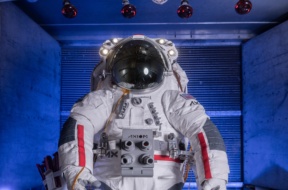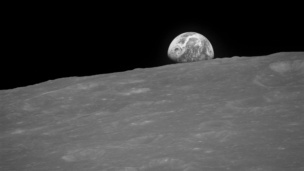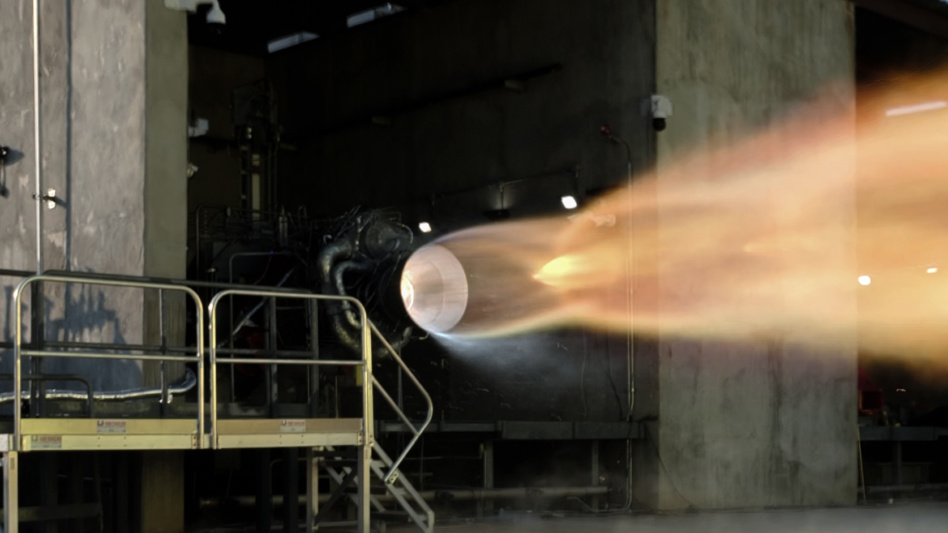The 2024 edition of SmallSat wrapped up last week, and while many of the hundreds of companies in attendance were keen to make their own announcements, the conference had some news itself: SmallSat has outgrown its home in Logan.
SmallSat 2025 will be held in Salt Lake City, a healthy sign for the smallsat ecosystem.
This just in: The size of this year’s conference meant that the press wires were a fire hose of companies unveiling innovative technologies, new partnerships, and additional funding streams. While we covered some news in the moment (including Benchmark’s partnerships with Starlight and ANT, Impulse’s offering of GEO rideshares, Perceptive Space’s emergence from stealth, and Interstellar’s $21M Series E) here’s our round up of news you may have missed:
On the move: Many of the announcements centered around the growing need for satellites to do more on orbit. As LEO gets more congested, satellites will have to maneuver more regularly—either to avoid other satellites and debris, or to conduct rendezvous and proximity operations (RPO).
To support this future, many companies at SmallSat unveiled new tech and hardware, including:
- Viasat’s multi-mission orchestrator software that will help optimize and automate the growing number of LEO constellations.
- Agile Space Industries’ zero-slosh piston tanks, which will allow satellites to perform quicker, more precise RPO missions.
- Little Place Labs’ virtual mission with Loft Orbital to demonstrate on-orbit edge computing and data processing with the goals of speeding up how quickly satellite data can be analyzed and helping increase the US Air Force’s maritime domain awareness.
Dollars and cents: While there was some talk at the conference about the reduced availability of funds for space companies compared to five years ago, the number of funding announcements revealed in Logan made it clear that many companies weren’t having any trouble. Here are some of those deals:
- Muon Space secured $56.7M in Series B funding to support $100M in customer contracts for its Halo LEO satellites.
- DCubed raised €4.4M ($4.8M) in Series A funding, which will help the company expand its in-space manufacturing capabilities and open up a new office in Colorado.
- Arrow acquired XTERRA to increase the company’s suite of satellite deployment systems.
